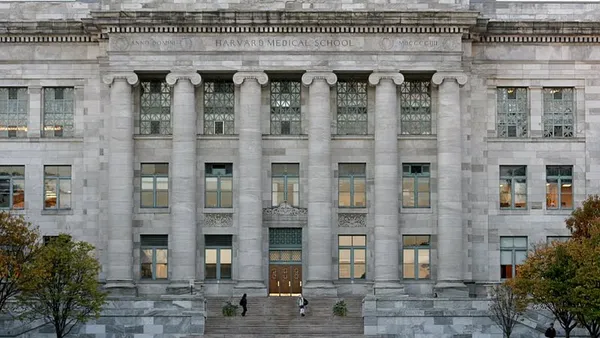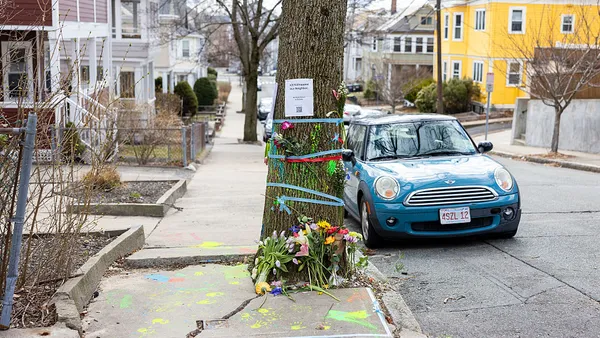Dive Brief:
- The University of Missouri System’s governing board filed a petition last week seeking to remove racial and ethnic criteria from scholarships established from donations to its four institutions.
- The petition argues that the U.S. Supreme Court decision last year striking down race-conscious admissions also means that colleges can no longer use racial and ethnic criteria in their scholarship awards. Therefore, the board is asking Missouri’s Circuit Court of Boone County permission to remove those standards from the donated funds.
- The petition flagged more than four dozen scholarships and funds across its four universities. The programs range from an annual award for racial minority students at the University of Missouri School of Medicine to a scholarship fund for minority undergraduates at the University of Missouri-Kansas City.
Dive Insight:
The landmark Supreme Court decision striking down race-conscious admissions did not touch on scholarships or grants. But some state leaders and policymakers have interpreted the decision to mean that racial and ethnic criteria in these awards are now unconstitutional.
That includes Missouri Attorney General Andrew Bailey.
On the same day the Supreme Court handed down its decision, Bailey issued a memo ordering the state’s colleges to stop using race as a factor in scholarship decisions. That day, the University of Missouri System said it would no longer consider these factors in its programs.
Since then, the University of Missouri’s four universities have been unable to award scholarships from the roughly four dozen funds it identified, according to the petition.
The petition seeks only to remove race and ethnicity criteria and keep all other requirements of the scholarships intact.
Missouri isn’t alone.
Republican lawmakers in Wisconsin introduced a bill last year that would have banned state scholarships with racial or ethnic criteria. Although the Assembly passed the measure, the bill didn’t gain traction in the Senate before the legislative session ended.
Ohio’s attorney general’s office has also scrutinized race-based scholarships, the Ohio Capital Journal reported in February. College leaders were told during a January call that higher education institutions will need to ensure they comply with the law.
“Race-based scholarships discriminate on the basis of race in awarding benefits,” a spokesperson for Attorney General Dave Yost told the publication. “Therefore, it would follow that such programs are unconstitutional.”
Since then, several Ohio universities said they are reviewing their race-based scholarships.
But changes to scholarship funds could anger donors who gave money to aid underrepresented students, some higher education experts say. Donors could end up pulling back their gifts.
Indeed, at least one set of donors to Ohio University — Andy Alexander and his wife Beverly, who fund a scholarship for underrepresented student journalists — have threatened to offer their grants privately in order to continue promoting diversity, NPR reported.













